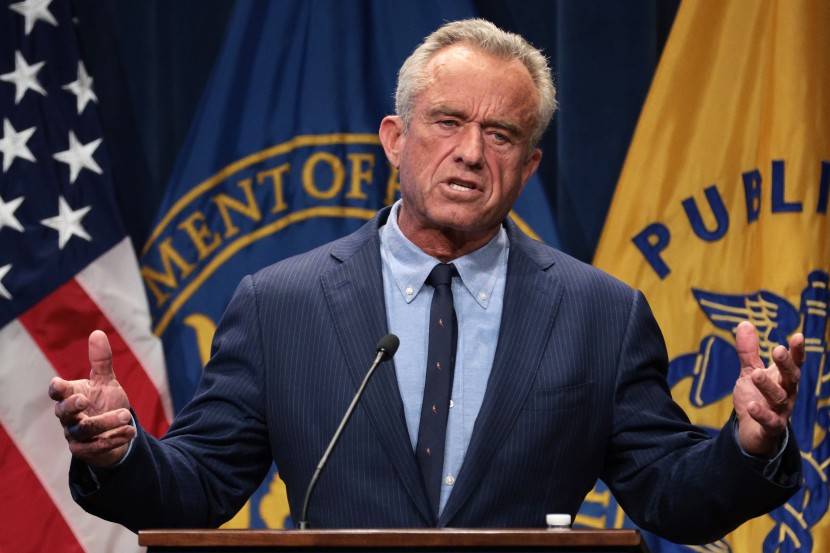
U.S. health officials are set to announce a sweeping plan to eliminate eight petroleum-based artificial food dyes from the American food supply.
Health and Human Services Secretary Robert F. Kennedy Jr. and Food and Drug Administration (FDA) Commissioner Marty Makary are expected to unveil the details Tuesday afternoon, positioning the change as a cornerstone of Kennedy's "Make America Healthy Again" initiative.
The plan will outline a regulatory pathway to remove the dyes, a process that typically includes public notice, scientific review, and industry input. While the timeline for implementation remains unclear, the shift signals a major transition for U.S. food producers, who will likely replace synthetic dyes with natural alternatives.
While the FDA has maintained that the synthetic dyes are safe for most people, health advocates cite studies suggesting that the additives may contribute to neurobehavioral issues such as hyperactivity and attention deficits in some children.
Currently, the FDA permits 36 color additives for use in food, including eight synthetic dyes. In a related move earlier this year, the agency announced it would ban Red Dye No. 3 — commonly found in cakes, candies, and even some medications — by 2028 after studies linked it to cancer in lab animals.
The planned phase-out aligns the U.S. more closely with policies already in place in parts of Canada and Europe, where artificial dyes are either banned or must carry warning labels. Many manufacturers in those regions have shifted to using plant- and mineral-based colorants instead.
Some U.S. states have already begun moving ahead independently. California and West Virginia recently passed legislation restricting artificial dyes in school meals, with some measures extending the ban to the wider food market.
If finalized, the FDA's proposed changes would mark one of the most significant regulatory shifts in the American food industry in decades — one aimed at both consumer transparency and long-term health.








